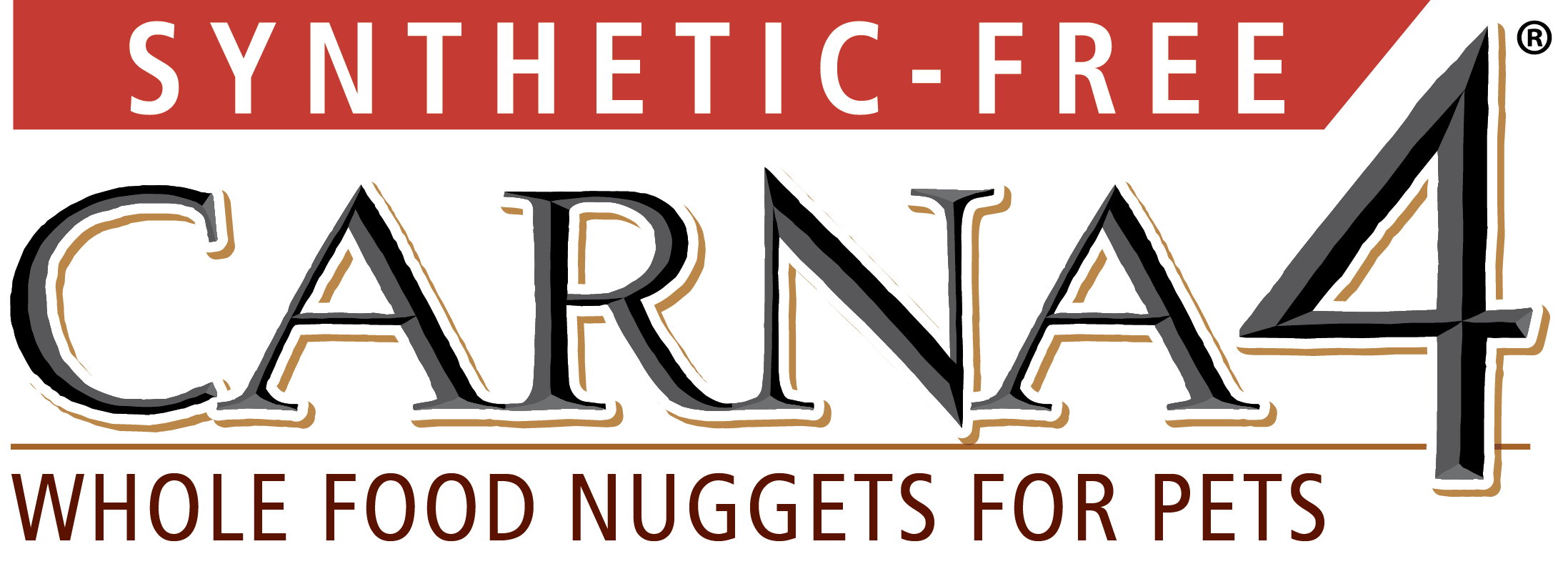Is one of your goals in 2015 to feed yourself, your family and your pets a healthier more natural diet? This is a fantastic New Year’s resolution but it can be complicated and confusing especially for individuals who are new to the world of healthy eating and living. Misdirection is the name of the game when it comes to packaging because transparency does not currently exist in North American labeling laws. Consumers often assume that popular marketing terms including “natural”, “holistic”, “organic”, and “real fruit” can be taken as fact. Sadly it is usually fiction, but the good news is that things are starting to change as consumers raise their concerns.
It has been a slow process but the regulators of human food production are starting to make it more difficult for manufacturers to call products “natural” when they contain chemically altered and/or GMO ingredients. This article highlights this shift in labeling standards and lists a group of controversial (yet commonly used) ingredients that in no way should be considered ‘natural’.
It’s a short article and certainly worth a read but here are a few noteworthy points that relate to pet food:
- Among the listed ingredients that should cancel any “natural” claims are soy protein isolate, soy lecithin, and mixed tocopherols. Soy is a commodity crop that can be broken down and altered in so many ways that it is a real stretch to call soy derivatives natural. Soy is pulverized, mixed with solvents, bleached and further processed to create derivatives like protein isolates and lecithin. Ingredients made from soy are used in countless ways to manufacture pet food and more and more consumers are learning how to avoid them. Check out one of our previous articles Nutritional SOYpplements in Pet Foods that illustrates just some of the ways that soy derivatives are used to make pet food.
- Natural claims surrounding vitamins, minerals, and preservatives are even more far fetched. Almost every marketer of processed pet foods is guilty of calling synthetic vitamins and preservatives, like mixed tocopherols, “natural”. They are not natural. You cannot isolate a vitamin or an antioxidant without a chemical process, so there is no such thing as a “natural vitamin” or a “natural preservative”, except one that is contained in a whole food.
Nobody has invented a machine that can extract pure vitamin E, C, etc. from a food. You need to add a chemical to bind the compound you want to isolate and extract, which has to alter the chemical structure of the vitamin. So it becomes a synthetic vitamin or preservative. The only way that you can “naturally preserve” a food is to add real food ingredients that contain antioxidants. For Carna4, we add sprouted seeds to supply the antioxidants that preserve our products (as well as supplying a wide range of other nutrients). There are other super-foods that could be used in the same fashion, but you cannot add an ingredient called “natural vitamin E”, because it does not exist!
We’re excited about this growing trend of health conscious consumers demanding clean foods that are free from GMO’s and synthetic ingredients. Transparency in labeling is essential for individuals to accomplish this goal. The next time you go to grab a snack for you or your pet, be sure to read the ingredients carefully. With a little education you can read between the lines and determine with confidence if the products you and your pet are ingesting are actually natural and nourishing.

